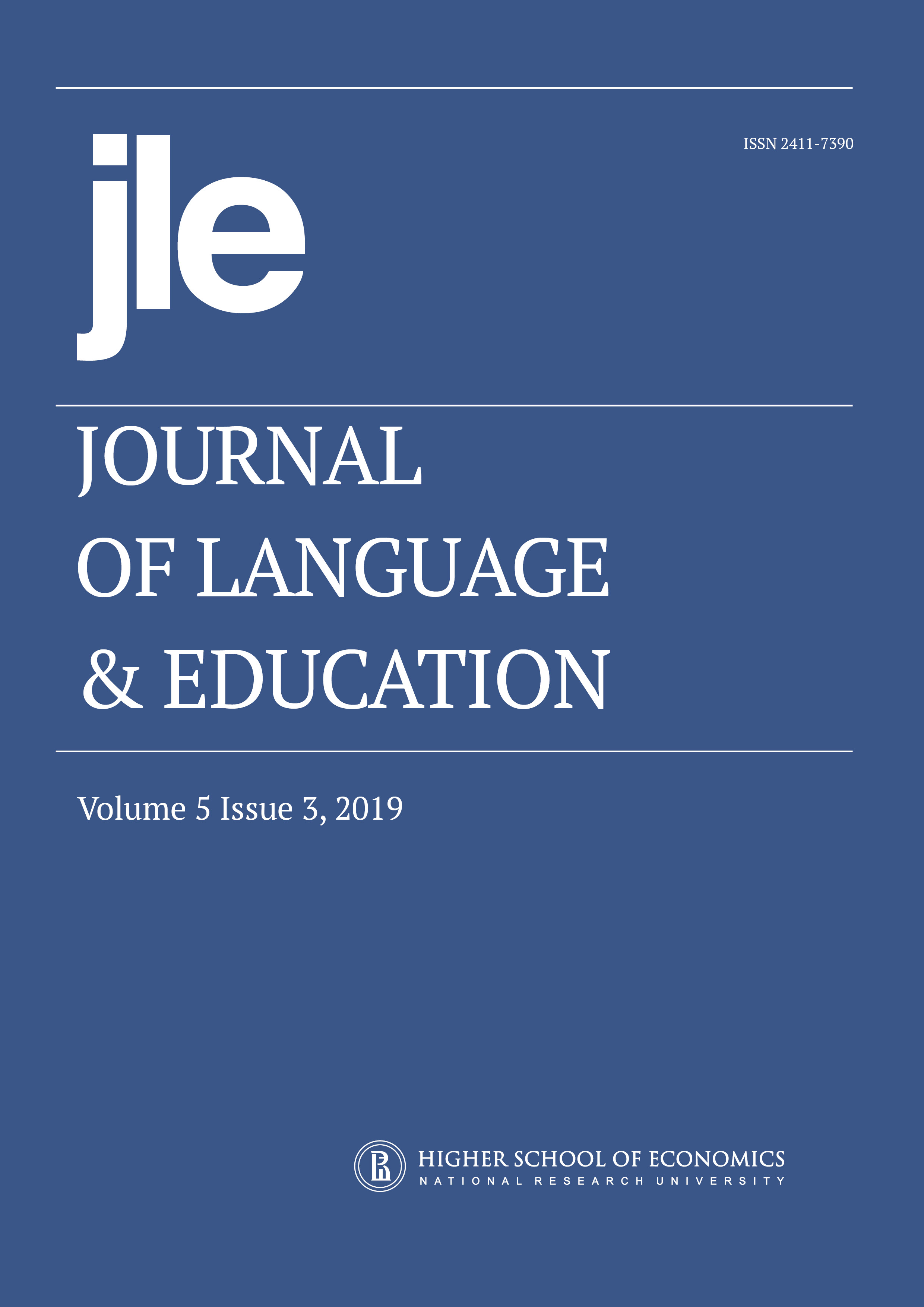Pragmatics of musical rhetoric in the post-2015 elections in Nigeria
Abstract
In linguistics, most studies on rhetoric are approached from the perspective of persuasive ideologies of social actors such as community, religious, and political leaders with a concentration on their speeches and the impacts of the speeches on their followers and society at large. As a result, music as a form of persuasion and political strategy has been under-researched. This paper investigates the rhetoric embedded in politically-motivated musical renditions in the post-2015 elections in Nigeria and identifies ideologies of persuasion, pragmatic choice(s), and implications of the narratives on the Nigerian political landscape. Mey’s pragmatic acts serve as the theoretical base. Two popular and viral musical renditions in (Nigerian pidgin) English from social media were selected for the study. Analysis of the selected songs which critiqued the leadership style of President Muhammadu Buhari from two opposing angles was carried out. Both songs exhibited the Pragmemic activity of (in)direct speech acts as well as conversational and psychological acts through their rhythm and lyrics adapted from Harry Song’s popular ‘Reggae Blues’ and re-titled as ‘The (Change/Truth) Blues’. Musical political rhetoric relies on co-texts conveyed through verifiable information, (satiric) visuals, history, antecedents, and socio-political realities and sentiments as strategies of persuasion. The pragmatic acts employed include narrating, condemning, accusing and counter-accusing, blaming, justifying, (partial) veiling, threatening, hoping, and praying. The study reveals the political consciousness and conflicting perceptions of some Nigeria citizens in governance and makes a case for ‘truth awareness’ among the governed. Citizens’ active participation and better access to information about the political leadership of the day is, therefore, advocated. All these are invaluable for the reposing of trust in the government and also engender citizens’ active participation.
Downloads
Copyright (c) 2019 National Research University Higher School of Economics

This work is licensed under a Creative Commons Attribution 4.0 International License.
Authors who publish with this journal agree to the Copyright Notice.



